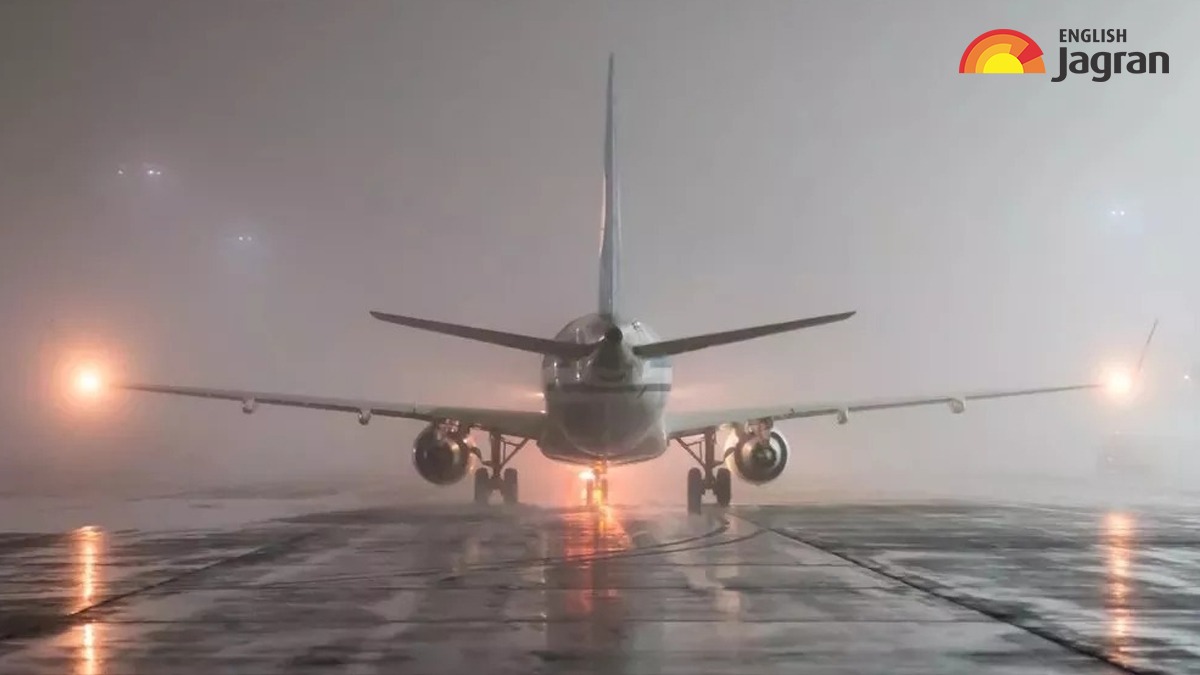The recent spate of bomb threats targeting domestic and international flights across India has caused widespread disruption and raised serious concerns about aviation security. Multiple airlines received these threats, leading to flight diversions, delays, and passenger anxieties. Investigations have been launched, revealing the culprits behind many of these hoaxes, highlighting the vulnerabilities of the system and the need for enhanced security measures. These incidents underscore the seriousness of making false bomb threats and the severe consequences faced by those found responsible.
The Surge in Bomb Threats and Investigations
The Scale of the Problem
Over the course of just two days, at least thirteen bomb threats were reported across various airlines, impacting both domestic and international flights. This unprecedented surge in threats significantly disrupted air travel, causing delays, diversions, and increased security procedures at airports across the country. Passengers experienced considerable anxiety and inconvenience. The scale of these incidents necessitated a swift and comprehensive response from law enforcement and aviation authorities. The sheer volume of threats indicates a potentially coordinated effort or a significant increase in individuals making hoax calls.
Investigating the Threats
Following the wave of threats, law enforcement agencies sprang into action. The Delhi Police registered an FIR and launched a probe into the matter, thoroughly investigating each reported threat. Mumbai Police made a significant arrest, taking a 17-year-old boy into custody in connection with multiple hoax threats issued to various airlines, including international flights. Investigations are ongoing to determine the motivations behind the threats, identify any potential accomplices, and ensure that those responsible are brought to justice. This proactive investigation reflects a serious effort to tackle this escalating problem and prevent future occurrences. The investigation revealed the teenager’s use of a social media account created under a false identity, underscoring the ease with which these threats can be perpetuated through online platforms. The speed of the investigation and arrest highlights the commitment to addressing such security breaches swiftly and effectively.
The Response of Authorities and Aviation Sector
Immediate Actions Taken
The immediate response involved a comprehensive security review, with airports and airlines implementing stringent protocols. This included thorough checks of aircraft, meticulous passenger screenings, and coordination among security personnel and law enforcement agencies. Flights were grounded or diverted to ensure passenger safety, leading to substantial delays and cancellations. The coordinated efforts of different agencies highlighted the necessity of effective inter-agency cooperation for handling such crisis situations efficiently. The Civil Aviation Ministry actively monitored the situation and assured stakeholders that measures are being put in place to protect flight operations and passenger safety.
Long-Term Measures
The incidents triggered a review of security protocols, pushing for more robust systems and increased surveillance. This includes plans to double the number of sky marshals on flights originating from airports nationwide. The increased presence of air marshals is expected to deter potential threats and provide a heightened sense of security. This measure specifically focuses on ‘sensitive routes’, suggesting an intelligence-led approach to resource allocation. This is complemented by enhanced collaboration with global security agencies to improve information sharing and counter-threat capabilities. The government’s initiative emphasizes a proactive and long-term approach towards improving aviation security and reducing future risks. The focus on intelligence gathering and analysis, in addition to visible security presence, represents a sophisticated, multi-layered response.
The Impact on Passengers and the Aviation Industry
Passenger Disruption and Anxiety
The bomb threats caused considerable anxiety and inconvenience for numerous passengers. Flights were delayed or cancelled, causing passengers to miss connections, leading to further disruption of travel plans and creating stress. Many individuals experienced feelings of fear and uncertainty during screenings, adding emotional toll of the already disruptive experience. The overall uncertainty associated with air travel fueled by these incidents caused anxiety among travelers, even for future scheduled flights.
Economic Implications for Airlines
These security concerns had a considerable impact on the financial standing of airlines. The incidents resulted in increased operating costs due to extended security checks, delayed flights, and passenger compensation. The cost of diversions alone adds a significant economic strain. The negative impact on the overall airline image also needs consideration, potentially causing reputational damage and reducing passenger confidence in air travel. This ultimately affects their profitability, leading to further financial ramifications. Addressing and mitigating the economic consequences of these incidents is a crucial aspect for airlines in the long term.
Takeaway Points
- The recent wave of bomb threats highlighted significant vulnerabilities in aviation security, necessitating immediate and long-term measures.
- The swift investigations and arrests underscore the dedication of law enforcement to bring perpetrators to justice and deter future threats.
- The collaboration between different agencies demonstrates the crucial need for coordinated responses during such crises.
- The government’s planned enhancements to security protocols, such as increasing sky marshals, show a proactive commitment to safeguarding air travel.
- The psychological and economic consequences for passengers and airlines emphasize the need for ongoing vigilance and robust security measures.









